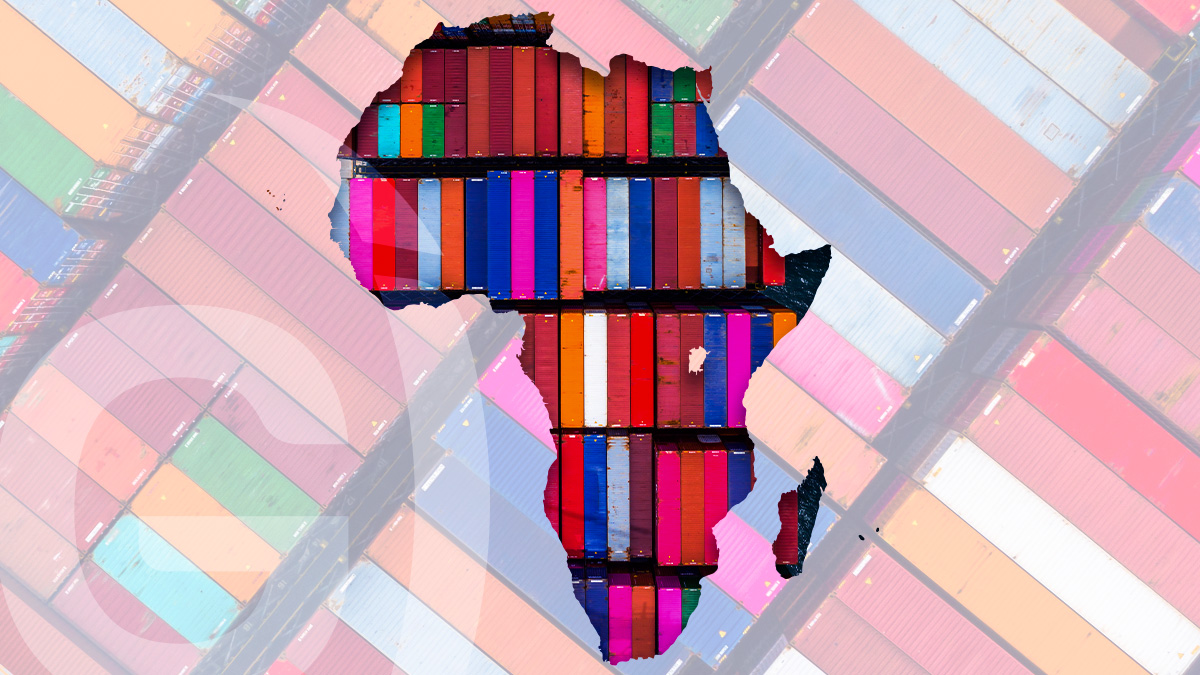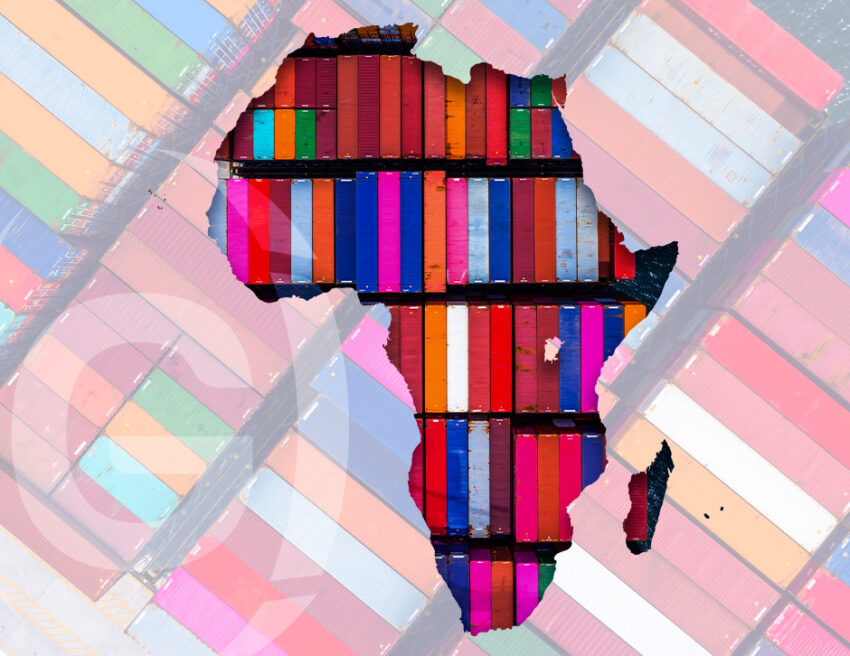For years, the transportation and logistics industry in Africa has faced the challenge of adapting to the growing population and the dynamic private sector within the continent. However, recent research suggests a significant transformation is imminent, offering extensive benefits for independent freight forwarders and the overall African economy. This transformation is attributed to the African Continental Free Trade Area (AfCFTA) agreement, signed in February 2021 and currently undergoing implementation. The AfCFTA is playing a pivotal role in driving substantial investments and fostering the rapid expansion of Africa’s burgeoning logistics sector. Similar to other industries, the transportation and logistics sector in Africa is expected to be influenced by various trends in the coming months. In today’s blog we are going to talk about the upcoming opportunities for the logistics sector in the African countries and how independent freight forwarders operating in the continent can make the best of them.
The AfCFTA and its impact on the transportation and logistics industry in Africa
The African Continental Free Trade Agreement (AfCFTA) has the potential to significantly boost the African logistics industry in the coming years by ushering in a new era of economic prosperity across the continent. As the world’s largest free trade area since the inception of the WTO, AfCFTA’s transformative impact relies on the seamless movement of goods across borders, a challenge that the transportation and logistics industry is well-positioned to address. Both independent freight forwarders and logistics multinationals have long voiced concerns about the fragmented state of logistics and supply chains throughout Africa.
While AfCFTA aims to reduce border tariffs and facilitate cross-border trade, the persistent $130-170 billion infrastructure deficit on the continent remains a substantial barrier to lowering logistics expenses. Despite this challenge, there are significant opportunities within the complexities, with numerous African logistics companies actively working to address these issues. Three noteworthy trends are expected to shape the future of logistics in African markets: bridging the urban-rural divide, the digital transformation of logistics, and the continued rise of business-to-business (B2B) logistics companies. These trends suggest that, with strategic adaptation, the African logistics industry can harness the potential of AfCFTA and play a pivotal role in driving economic growth across the continent.

The upgraded logistics infrastructure in the continent is immensely helping the independent freight forwarders
The recent extensive upgrades to African ports indicate the continent’s readiness to play a more substantial role in global trade, potentially leading to increased trade volumes to and from Africa. However, the full potential of regional development through these ports hinges on concurrent advancements in logistics infrastructure across the continent. The development of continental infrastructure remains a critical element in realizing the objectives of the African Continental Free Trade Area (AfCFTA), with significant investments pouring in from both the private and public sectors. Over the past six years, the African Development Bank has allocated approximately USD 44 billion to infrastructure projects in Africa.
The potential deceleration in infrastructure development could have significant repercussions for freight forwarders, hindering growth opportunities and reducing demand. Navigating short-term disruptions and collaborating with policymakers to achieve AfCFTA objectives will be crucial for the transportation and logistics industry. Maintaining visibility and adaptability becomes imperative in the face of these challenges.
The urgent need for digital transformation
The freight forwarding sector in Africa is undergoing a profound transformation driven by digitization, echoing the broader trend across various industries. Technology is playing a pivotal role in streamlining and overseeing the movement of goods, and the freight industry is no exception. According to a McKinsey Survey, an impressive 90% of top logistics companies have been directing investments into digital supply chain management technology since 2021, with a significant 80% anticipating the continuation of these investments in the upcoming years.
Africa is actively pursuing a comprehensive digital transformation strategy, aligning with the African Union’s 2020-2030 vision. As a crucial economic facilitator, the transportation and logistics sector is embracing digital technologies to confront uncertainty and bolster resilience within the industry. Independent freight forwarders, at the forefront of this transformation, are capitalizing on digitization to leverage their strengths. This includes an enhanced capacity to predict and meet demand, opportunities for efficiency enhancements, the ability to centralize and analyze data, and the automation of routine tasks. The adoption of digitization in the freight forwarding sector reflects a strategic response to the evolving landscape, positioning the industry for increased efficiency, adaptability, and competitiveness in the digital era.
How independent freight forwarders in Africa can boost their profitability
Join a one of the best logistics network
To attract more businesses as a freight forwarder in Africa, consider becoming a part of one of the best logistics networks like Globalia Logistics Network. Become a member of a reputable freight forwarding network like Globalia Logistics Network to gain international traction. Membership in one of the best logistics network like Globalia will help you establish an international foothold, strengthen your brand name, acquire new partners, and secure new business opportunities.
Provide Truly International Door-to-Door Service
As a Globalia member, freight forwarders in African countries can leverage the network membership to expand outreach and offer a comprehensive global door-to-door service by collaborating with members across 215 cities across various countries.
Receive Inwards Business from Worldwide Partners
A leading logistics network like Globalia obliges members to share a portion of their shipments with others, ensuring all members receive new projects and sales leads from the entire network.
Embrace Digital Freight Forwarding
Adopt digitization to stay competitive in the market. Globalia is the first international freight forwarding network to provide their members free access to a Transport Management Software called FreightViewer. This tool which enables the creation of instant online door-to-door freight quotation is a game changes in the freight and logistics industry.
Wrapping up
In conclusion, it is crucial for freight forwarders to dedicate significant time to network with their partners, fostering strong relationships that can positively impact their companies’ bottom line. Independent freight forwarders who underestimate the importance of networking run the risk of lagging behind in the competitive landscape. Independent freight forwarders from various African countries must prioritize digitization, establish an international presence, and enhance the skills of their workforce to thrive in today’s competitive market. A pivotal initial step in this direction is becoming a member of a reputable logistics network.


